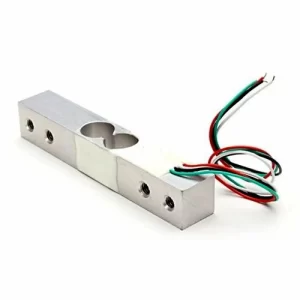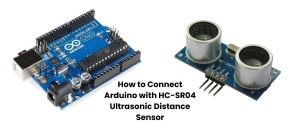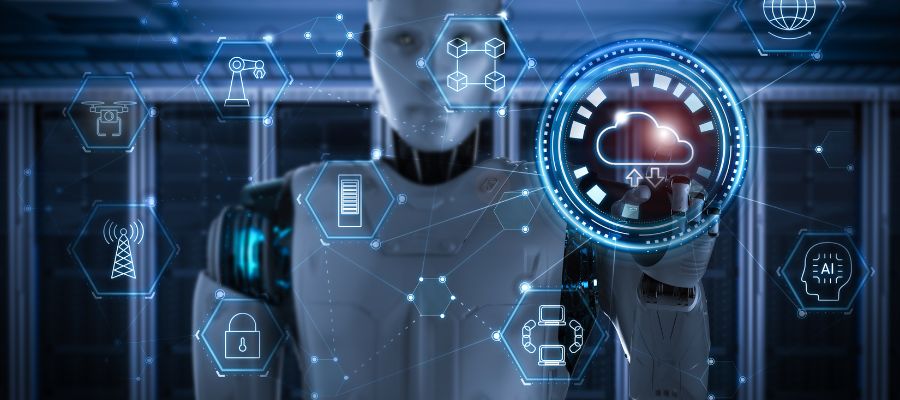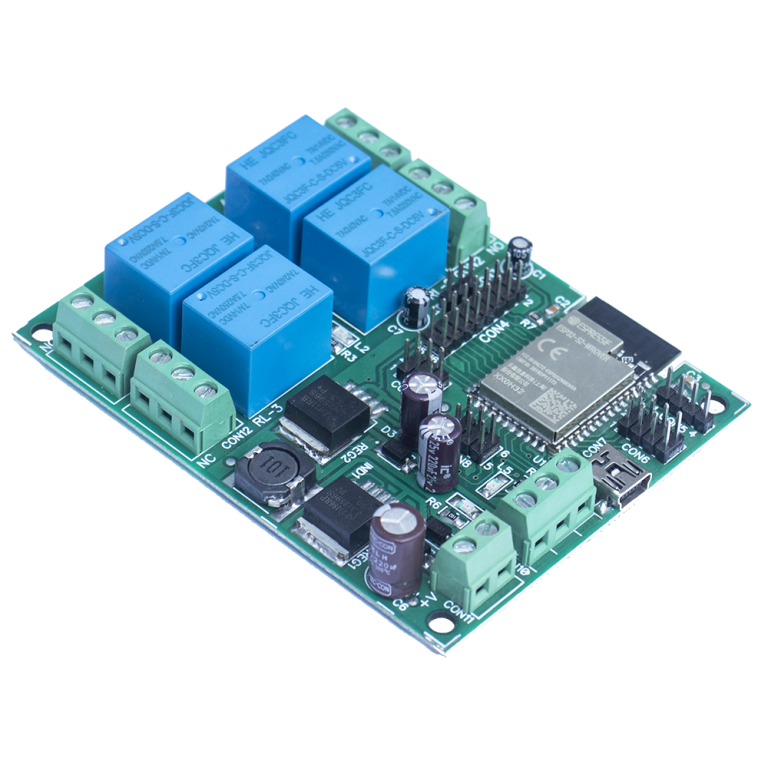Unveiling the Power of AI in Robots: A Comprehensive Exploration
Demystifying Artificial Intelligence (AI)
Artificial Intelligence (AI) is the emulation of human cognitive processes by machines, particularly computer systems. It endows robots with the ability to execute tasks demanding cognitive capabilities like decision-making, learning, and problem-solving. The integration of AI into robots empowers them with computer vision, navigation skills, pattern recognition, and the ability to make informed decisions.
Why Implement AI in Robots?
The incorporation of AI into robots is pivotal for several compelling reasons:
1. Enhanced Capabilities
AI transforms robots into more than mere performers of repetitive tasks; they become true “cognitive collaborators” by learning and emulating human actions.
2. Autonomous Decision-Making
AI algorithms empower robots to make real-time decisions autonomously, eliminating the constant need for human intervention.
3. Improved Efficiency
AI-equipped robots operate with heightened efficiency and flexibility, making instant decisions and adapting seamlessly to new situations without explicit commands.
4. Advanced Applications
AI-driven robots outshine their non-AI counterparts, finding applications in diverse sectors such as healthcare, exploration, entertainment, business, and customer service.
The Implementation Process
The infusion of AI into robots involves furnishing them with the ability to perceive their environment, process information, make decisions, and take actions based on observations. This intricate process leverages various AI techniques, including machine learning, computer vision, natural language processing, and robotics, creating a comprehensive framework for robotic intelligence.
Reasons Underpinning AI Implementation in Robots
1. Enhanced Capabilities
AI endows robots with the capacity to learn from experiences and interactions, enabling continuous adaptation and performance improvement.
2. Autonomous Decision-Making
Robots with AI capabilities make real-time decisions grounded in their understanding of the environment and the tasks at hand.
3. Improved Efficiency
AI facilitates efficient robot operations, enabling them to tackle intricate tasks and navigate dynamic environments without constant human oversight.
4. Advanced Applications
The utilization of AI in robots spans diverse sectors, including manufacturing, healthcare, logistics, space exploration, and entertainment, where their advanced capabilities yield substantial benefits.
Conclusion
In essence, the integration of AI in robots revolutionizes their functionality, empowering them to operate intelligently, autonomously, and effectively. This transformation opens the door to a myriad of applications across various industries, showcasing the true potential of artificial intelligence in shaping the future of robotics.
You may also like:
Why do we use robots in the industry ?
What are the real world examples of IoT ?


















